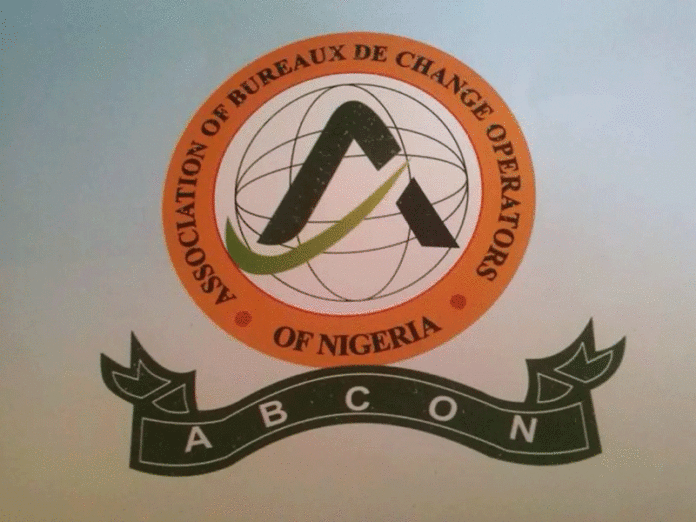
President, the Association of Bureaux De Change Operators of Nigeria (ABCON), Aminu Gwadabe has urged the Central Bank of Nigeria (CBN) to use Bureaux De Change (BDCs) towards putting an end to multiple rate practices, in a bid to enable stability in the forex market.
Gwadabe has therefore called for collaboration between the BDCs and the CBN in the implementation of market-friendly policies that will make the BDCs impact more positively in the market and promoting exchange rate stability in the economy.
The ABCON boss said the hasty generalisation that criminalizes the BDC sub-sector as responsible for all market crisis and infractions like selling dollars with higher premium above regulatory limit, promoting loss of confidence in the near, and multiplicity of the exchange rates is not in the best interest of the market and economy.
He said: “It is in view of this disturbing situation and the need to strengthen BDCs value chain as obtainable in organised climes that we urge the regulators and policymakers to consider BDCs as the most potent tool in liberalising the foreign exchange market and stopping multiples exchange rates in the system.”
He explained that the BDCs have since 2006, provided policymakers with a window in achieving their mandate of exchange rate stability and price equilibrium. He therefore called for the reintegration of the BDCs into the forex market ecosystem to sustain their roles in the economy.
Gwadabe said the BDCs have for years remained effective and creative in contributing to the forex market.
For instance, the introduction of the Investors & Exports (I&E) FX window in 2017 was as a result of agitations from stakeholders like ABCON, foreign investors, Nigerians in Diaspora who advocated for it to allow more dollar inflows to the economy boost foreign reserves, and raise confidence in the naira by addressing widening rate premiums.
He said: “In order to address the challenges facing the forex market, now is the time to integrate BDCs into the market activities as agent of stabilization and delivering the market to the promised land.”

